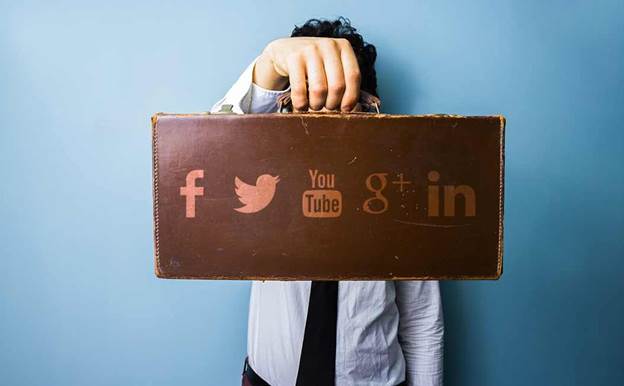Nevertheless, the report for each trip concluded
“your driving style does not increase, I should “concentrate on anticipating
the behaviour of other drivers and braking and accelerating smoothly”. It then
handed me a nit, without any explanation of what that means, although my CV now
reads “3rd best driver in Britain, according to Confused.com”.
Aviva’s app is even less forthcoming. It
dishes out badges such as “Corner Master” (for smooth steering), or “Brake
Master” (for not slapping on the anchors too heavily) - but I failed to earn
any of these on my two test trips. For full feedback and an Aviva Drive score,
I have to wait until I’ve clocked up 200 miles.

Confused.com
creates online cycle safety map to highlight road rage blackspots
What worries me most about these apps is
where this data about my driving ability will end up. Confused.com FAQs state
that “this information will be used by Confused.com and may be used by certain
[unspecified] insurers to assess your driving behaviour and provide a
motor-insurance premium based on that information”.
Is my next premium going to rise because a
blind app considers that I’m not cornering smoothly enough? Will I be punished
in the pocket for braking sharply to avoid hitting a pedestrian? I’m not sure
whether these apps are designed to reward good drivers or drive up premiums,
but I suspect it’s the latter.
Verdict
So, after a month of monitoring almost
every detail of my personal and professional life, am I any the better for it?
Or am I like the crew of Apollo 13, ready to mutinously rip off the sensors
because I’m sick of the constant probing? In truth, I’m conflicted.

“So,
after a month of monitoring almost every detail
of my personal and professional life, am I any the better for it”
Much of the data I’ve collected seems
largely pointless. It’s interesting to know that I was restless 18 times last
night, for example, but what am I meant to do with that information? I
generally know when I’ve had a bad night’s sleep, because I’m longing for a pot
of coffee the next morning, and as a long-term sufferer of sleep deprivation, I
know that the best way to ensure you won’t sleep is to go to bed thinking about
it, which is what wearing a sleep-monitoring wristband compels you to do.
On the flip side, some of the monitoring
apps have made a surprisingly positive impact. RescueTime quantified just how
much time I was wasting on Twitter, and now TweetDeck is shut down for much of
my working day, especially when deadlines are looming. It also reinforced the
benefits of proper rest: the fact that I’m at my most productive the Monday
after a relaxing weekend has forced me to curb my instinctive tendency to fire
up the laptop of a Sunday afternoon. The stats prove it was counterproductive.

“TweetDeck
is shut down for much of my working day”.
It’s had a surprising impact on my
waistline, too. Over the course of the month, without even consciously trying
to lose weight or surrendering the Friday-night visits to the pub and the
Chinese takeaway, I’ve shed six pounds. It could be a coincidence, but I know
that meticulously logging my food intake made me think twice about raiding the
kids’ chocolate tin, or that a depressingly inactive day on Fitbit hardened my
resolve to attend my Tuesday-night five-a-side football session.
Data drives decisions. Sometimes you’re
better off not knowing. Sometimes you definitely aren’t.